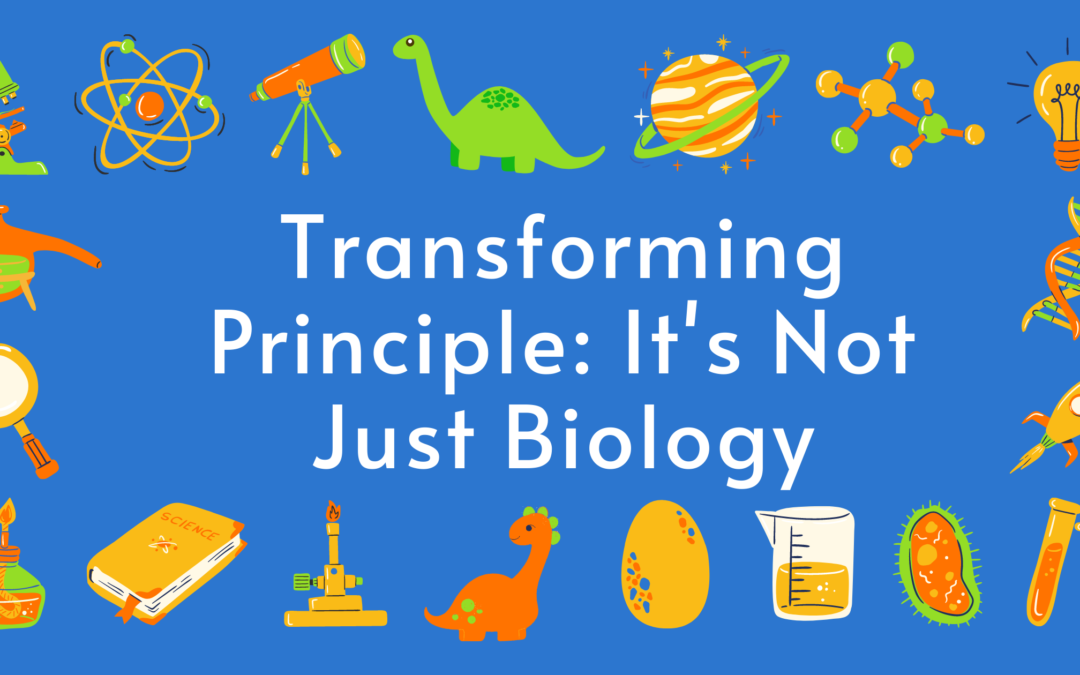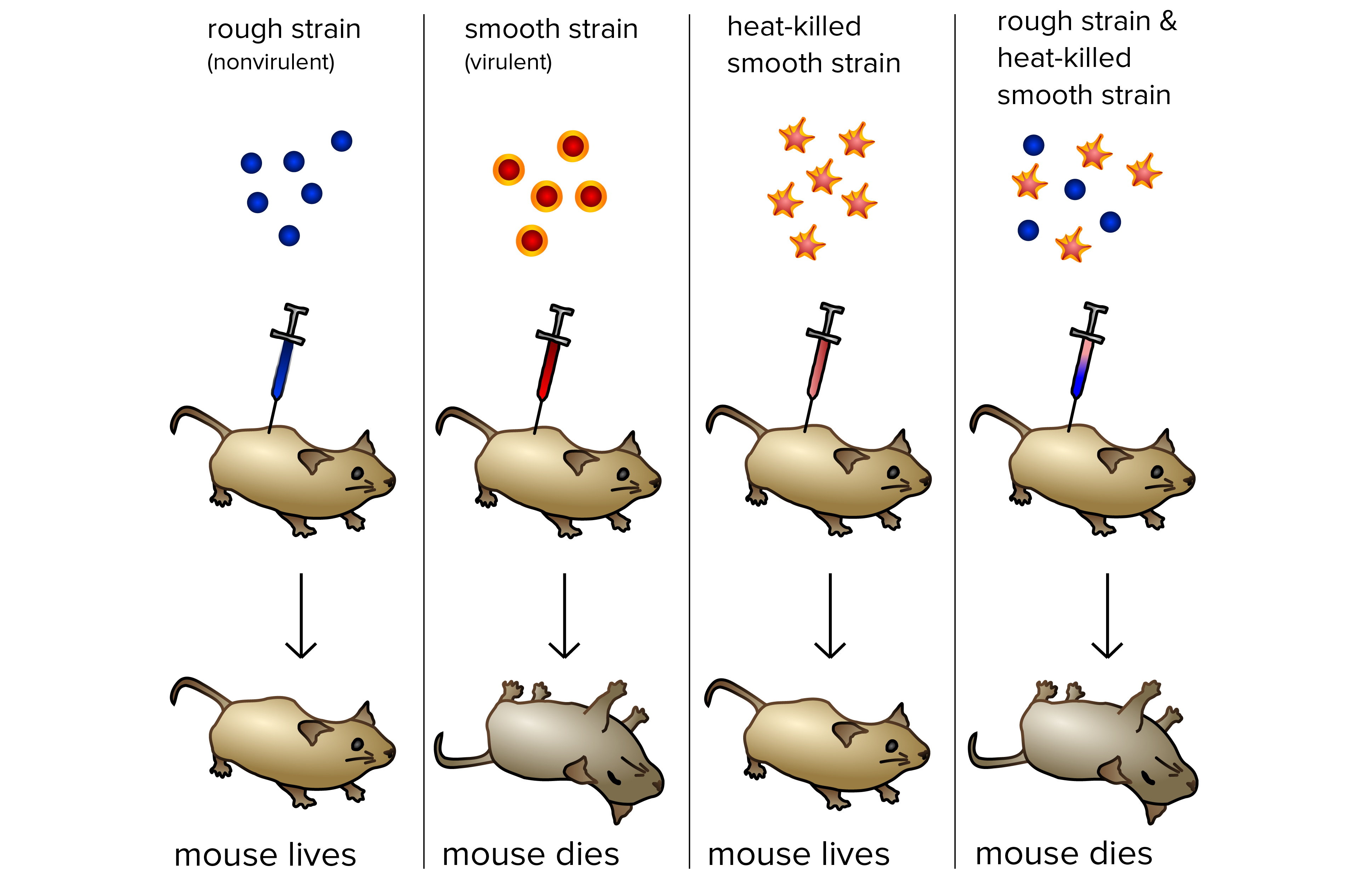
Disconnecting From Your Work To Be Creative
When you have worked really hard on something, it’s easy to see it as a part of your identity. And if it gets rejected, it feels like you have been rejected.
This is a really easy trap to fall into, because we see our ideas and suggestions as something that reflects us. But that isn’t true. It’s just an input, a representation of your knowledge on the said subject. It has nothing to do with who you are as a person.
Considering someone interchangeable with their work means ignoring all other aspects of their personality. It’s like saying that a person is just the same as their grades, or what they got on an exam (which we all know is one of the worst things to do to someone).
Realising your inputs aren’t the same as you is also freeing for yourself.
If we’re able to see things this way, then we’ll be less likely to take rejections so personally because they won’t have any bearing on our self-worth.
Moreover, it allows you to be more open to new ideas and suggestions since you are more focused on finding the best possible solution to the problem, rather than being focused on defending your idea and explaining why it’s the best (even if it isn’t).
It helps you recognise and appreciate a good idea, even if it’s from your arch nemesis. You do not feel the need to dismiss it because of your rivalry.
Plus, you don’t have the urge to put down someone else’s input because you feel that it threatens your own.
Separating yourself and your work makes it easier for you to accept the flaws and shortcomings in your work without being hard on yourself.
You can see that the criticism is not an attack on your own identity, but rather a constructive way to improve. It would be a sign to give attention to your work, not a sign that there’s something wrong with you or you aren’t good enough.
So the next time you find yourself in a group setting defending your idea, ask yourself that you’re defending it because it’s the best or because it’s yours?
Recap for memory:
- Your work isn’t the same thing as you.
- Separating yourself from your identity can benefit you.
- Look at ideas, not the people they’re coming from.






